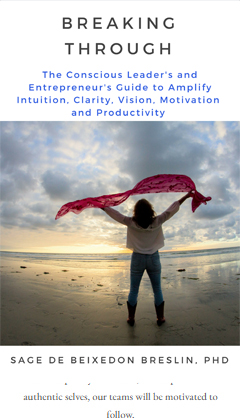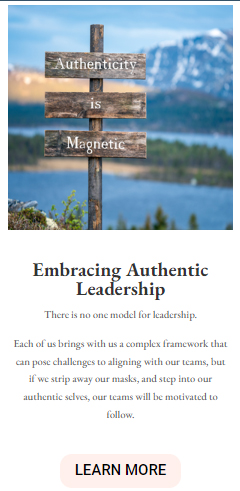We try to do the best we can. We work hard, and try to meet all of our obligations- to our boss, our spouse, our children, and our friends and families. But, sometimes, it can all become a bit too much. If you don’t have resources for managing that overwhelm, you may turn to abuse or addiction as a way to tune it all out.
Addictions all have in common their increasing intensity over time, tolerance, and withdrawal symptoms. But why people develop one kind of addiction rather than another is typically specific to the experiences of the individual. Addictions may involve alcohol, drugs, sex, gambling, internet use, workaholism, co-dependent relationships, and even religious practice.
Substance Abuse & Chemical Dependency
- Substance abuse and chemical dependency are far more prevalent than they have ever been.
- Individual psychotherapy can offer a private arena in which to address abuse and dependency issues.
- Substance abuse refers to the repeated use of a substance resulting in failure to manage work, school and family obligations and despite legal, social, and relational problems that arise as a result of the use.
- Chemical dependency refers to the state in which an individual experiences tolerance and withdrawal in association with his/her use of the substance. Tolerance refers to the physical need for increasing amounts of a drug to get you high. Withdrawal refers to your body’s generation of physical symptoms when you stop ingesting the drug.
- The treatment for substance abuse and chemical dependency may be accomplished in inpatient, outpatient or community settings (AA, NA, CA, MA). The elements which determine how the individual with these issues will best recover include duration of the problem, support for quitting, support for maintaining the habit, and consequences experienced as a result of use.
Sexual Addiction
- While it may sound funny, sexual addiction is no laughing matter. Sexual addiction is the use of sexually-explicit materials and interactions in order to avoid feelings. Those with sex addiction often describe feelings of virility, excitement and energy in response to their exposures and interactions, though those feelings do not last for very long. Sex addiction may include, but is not limited to the use of pornographic magazines and websites, visits to strip clubs and sex shops, cruising, use of prostitutes, exhibitionism and exposure, exploitation, use of sado-masochism, and maintaining alternative lifestyles.
- Treatment for sex addiction may be achieved in inpatient, outpatient, and community settings (Sex Addicts Anonymous (SAA)) depending on the duration of the problem, support for stopping, co-addiction, and consequences experienced as a result of the addictive behavior. Individual counseling is often the first step in recovering from this addiction, as addicts must learn to experience, identify and manage a wide range of emotions without turning to sexual behavior in order to cope.
Gambling Addiction
- Psychotherapy offers a private setting in which to determine whether or not gambling is an addiction for you. For some, the thrill of the win is empowering. For others, it is the high of the risk involved with putting money on the table. No matter what the perceived benefit, over time, logic and reason go out the window, often with one’s life savings, nest egg, home, property, and relationship.
- Treatment for gambling addiction may be achieved in inpatient, outpatient, and community settings (Gamblers Anonymous (GA)).
Love & Relationship Addiction
- Dysfunctional relationships have been the topic of much study, but some believe that it is possible to become addicted to the experience of being in relationship. There are those that remain in relationship even when it is clearly not in their best interest to do so, or return repeatedly to unhealthy relationships. In addition, there are men and women who cannot seem to be without a relationship, even if a truly appropriate partner is unavailable.
- Treatment for love and relationship addiction is available though outpatient psychotherapy as well as in community groups such as Love and Relationships Addicts Anonymous (LRAA).
Internet Addiction
- With the pervasiveness of innovative technology which allows billions worldwide access to the interconnected Cyberworld, came the dawning of Internet addiction.
- Internet addiction is most easily compared to the addictive elements of gambling: it involves increasing amounts of time, energy and money being spent on activity which later inhibits the development or maintenance of face-to-face relationships. It can be highly secretive and risky.
- Internet addiction may include investing inappropriate or unhealthy amounts of time and energy surfing the Web, checking e-mail, visiting chatrooms, using Internet porn or personals, or playing online interactive games.
- Those who become addicted to online gaming and Cyberrelationships note a sense of empowerment in the anonymity of the Internet. Online, you can become exactly who you want to be. The trouble is that once you log off, reality rears its ugly head, and you must manage life on life’s terms.
- The treatment for Internet addiction can incorporate individual, couples, family and group psychotherapy. Most therapies include behavioral modification which enables the user to terminate the unhealthy behavior and develop more appropriate coping skills.









